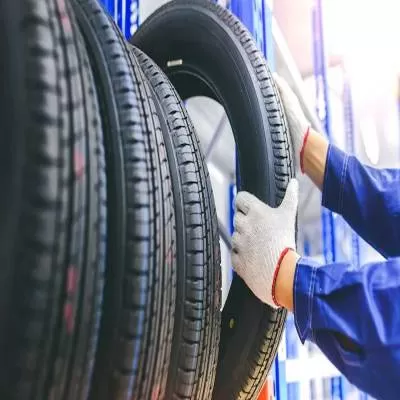

Key Drivers of Growth: Domestic Demand Surge: Rising vehicle production, especially in the commercial and passenger vehicle segments, is bolstering demand for tyres. Replacement demand is also witnessing a steady increase due to higher vehicle utilization.
Export Momentum: Indian tyre exports remain robust, supported by competitive pricing and strong demand in international markets like the Middle East, Europe, and Southeast Asia.
Input Cost Moderation: Prices of key raw materials such as natural rubber and crude derivatives are stabilizing, easing cost pressures on manufacturers. This, coupled with operational efficiencies, is improving profitability margins.
Focus on Premiumization: Tyre makers are shifting towards premium products, catering to the growing preference for high-performance and specialty tyres.
Electric Vehicle (EV) Adaptation: The increasing penetration of EVs is pushing companies to innovate and diversify their product portfolios to cater to this emerging segment.
Challenges and Outlook: While the outlook is positive, challenges like fluctuating raw material prices, global economic uncertainties, and competition in export markets persist. However, the sector’s ability to maintain growth momentum is attributed to strong domestic fundamentals and strategic shifts toward value-added products.
CRISIL estimates that operating margins for tyre makers will improve by approximately 100 basis points this fiscal year, reflecting better cost management and pricing power. Investments in technology and capacity expansion are expected to sustain growth in the medium term.
This forecast underscores the tyre industry’s critical role in supporting India’s recovering auto sector and broader economic revival. Analysts remain optimistic about the sector’s resilience and adaptability in navigating both domestic and global market dynamics.